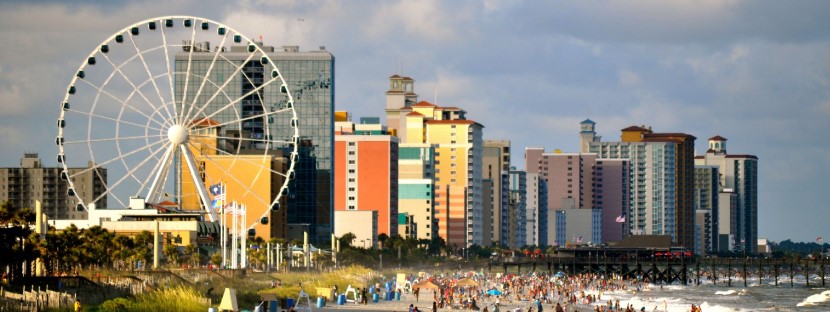
Myrtle Beach is one of the popular tourist beach cities that has acted to ban some Airbnb sublets in residential neighborhoods. In 2016, the first step was to change the definition of short term rental from 30 days to 90 in “every pure residential zone ” to put city law in line with state law. City planners cite disturbances and complaints from neighbors as part of the reason why it’s illegal to sublet a property in a residential zone for under 90 days. Public officials have to anticipate some of the problems that arise from a short term rental in Myrtle Beach that can change the character of the neighborhood.
Tougher Enforcement Of Airbnb Sublets In Myrtle Beach
Reports from earlier this summer show that Myrtle Beach is experiencing problems with illegal sublets, and that some property owners are not conforming to the new laws that are on the books. The city has had to resort to court orders for some property owners who are still illegally subletting properties in these residential areas. Some condominium properties offer owners the chance at a lot of money when they use the short term rental strategy — but the fact remains that city planners have declared subletting under 90 days off limits, unless a particular property owner has been grandfathered into the new regulations.
Although the city is taking some action to control illegal subletting, landlords need ways to enforce their own leases and protect their financial investments. Using available digital resources, property owners can make sure that their tenants are not flouting the rules and offering up a residential property on the short term rental Myrtle Beach market.
